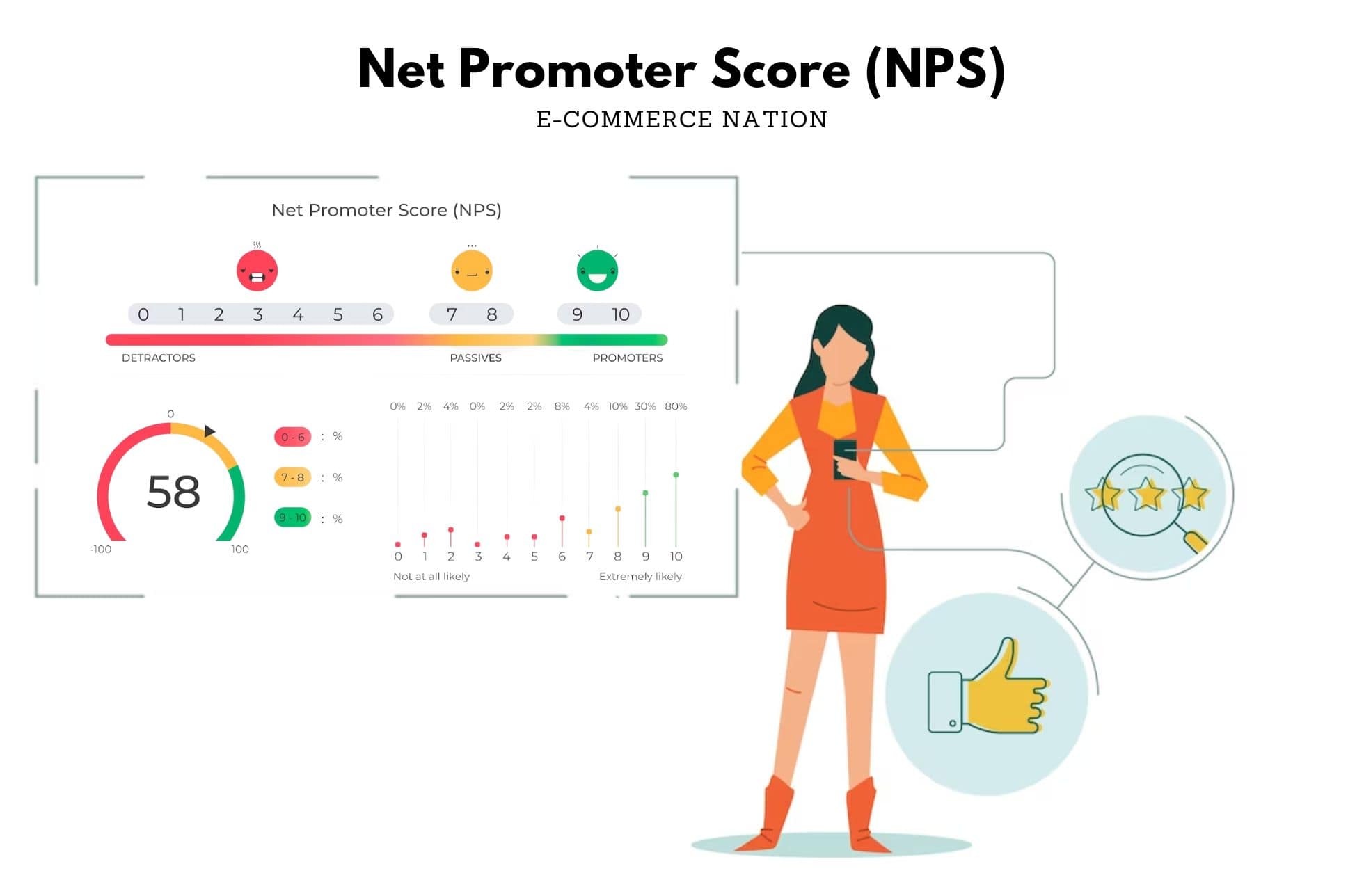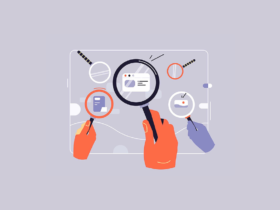Businesses usually collect a substantial amount of relevant and useful information about their customers. This information can be used to improve the overall customer experience in various ways and to even improve marketing efforts. It enables personalization and can foster customer loyalty when used effectively. Data may include everything from contact information and demographics to purchasing behavior and more. In order to maximize the benefits associated with the collection and analysis of this data in your company, you need to refine your data management efforts. Here are five tips that can help you.
Don’t Collect Irrelevant Data
Some companies take substantial efforts to collect as much information as possible about customers, but this is not necessary or even beneficial in many cases. Your team can easily get bogged down in unimportant details when too much information is gathered.
Furthermore, this can make it increasingly difficult to segment your lists or to track relevant information. While you do need to collect ample information at different stages of their sales journey, you should focus only on gathering highly relevant information that serves a specific and important purpose.
Limit Access for optimised data management
When too many people in your company have access to your customer database, there is a chance that the information may be segmented, manipulated or even deleted unintentionally. This can result in time and financial loss. It could also negatively affect your ability to effectively use the data that you still have access to.
Only those employees with authorization should have access to the database. If you must share the data, consider sharing it in a read-only format to prevent manipulation or deletion. For those who have authorization to manipulate the database, consider requiring them to sit through a specialized training program first.
Think About Security
IT security is a hot topic today, and you may be well aware of the fact that data or security breaches can result in huge liability issues for companies. In addition, they can spell disaster for your customers who have had their identity stolen or who are dealing with other issues as a result of a corporate security breach.
The more vital or sensitive information you gather, the more damaging a security event could be. All data should be safeguarded as if it contained your own personal information. Consult with IT specialists to determine the best steps possible to avoid hacking or data theft issues. Remember that your company’s image is at stake, and your company may also be targeted in a liability lawsuit if sensitive information falls into the wrong hands.
Train Your Employees
All employees should understand how to use data management in an acceptable manner, and they also should have clear guidelines regarding what behavior is unacceptable. More than that, penalties should be known, and they should be applied uniformly when needed.
A smart idea is to train all employees on data usage and security. This is particularly important if your team can access customer data from their own devices through a cloud-based system. For example, your employees should know that accessing customer data via public Wi-Fi is not safe and can lead to security breaches.
Your IT security policies should be easy to follow and perfectly effective. Because data management, IT security and potential threats can change regularly, training efforts should be ongoing. Your team needs to always have the most updated information available.
Monitor Your Data
You or a trusted employee should be in charge of data monitoring. Your data should always be maintained in an organized and complete manner. You should be observant for signs of deletion, manipulation, redundancy and more. While the data management may be in flux, it should still be coherent and complete.
Developing an effective way to monitor your data is critical. Keep in mind that data should be monitored on a regular basis. It can be time consuming to monitor it yourself, so you may need to pass this responsibility onto a trusted and well-trained employee.
Practical Use of Customers’ Data
One effective way to make the most out of your customer data is to use it to identify cross-selling opportunities. Cross-selling is the practice of suggesting complementary products or services to customers based on their purchase history or preferences. By analyzing customer data, you can identify which products or services are frequently purchased together, and use this information to recommend additional items that customers may be interested in. This not only helps to increase sales but also enhances the overall customer experience. To learn more about cross-selling strategies and how to implement them, check out the “What is cross selling and how to use it to increase your sale” article.
Final Thoughts
While you need to learn how to gather and use customer data if you want to take your marketing and sales efforts to the next level, you also need to
understand the best ways to manage and secure your data. This is not an individual effort that you can or should make on your own. Instead, steps need to be taken throughout your organization at all levels to manage and protect data. Spend time today analyzing data management in your company as a first step.
Got more tips on data management?





